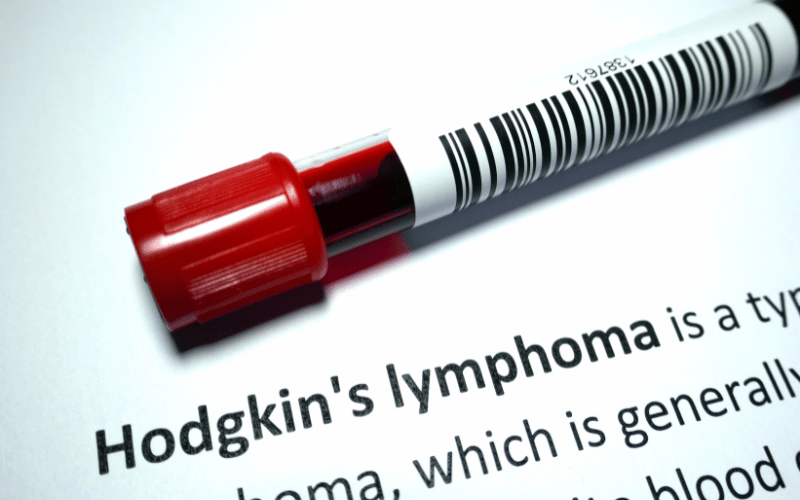Frequently Asked Questions about Hodgkin’s Lymphoma
Advertisements
 Advertisements
Advertisements
1. What triggers the onset of Hodgkin’s Lymphoma?
The exact cause of Hodgkin’s lymphoma remains unknown. However, it’s thought to be due to a combination of genetic predisposition and environmental factors. Certain conditions that weaken the immune system, such as HIV/AIDS and Epstein-Barr virus infection, can increase the risk.
2. How is Hodgkin’s Lymphoma diagnosed?
Diagnosis typically involves a physical exam to check for swollen lymph nodes, followed by blood tests and imaging tests like CT or PET scans. The definitive diagnosis comes from a biopsy, where a small sample of the affected lymph node is examined under a microscope.
3. Can Hodgkin’s Lymphoma be cured?
Yes, Hodgkin’s lymphoma is often curable, especially when detected early. The five-year survival rate for localized Hodgkin’s lymphoma is approximately 92%. Treatments like chemotherapy, radiation, and targeted therapies have shown excellent results.
4. How does Hodgkin’s Lymphoma differ from Non-Hodgkin’s Lymphoma?
While both conditions affect the lymphatic system, they have different characteristics. The presence of Reed-Sternberg cells typically signifies Hodgkin’s lymphoma. Non-Hodgkin’s lymphoma, which is more common, has a more diverse range of lymphoma types, with varying behaviors and treatment responses.
5. What are the common side effects of treatment for Hodgkin’s Lymphoma?
Common side effects can include fatigue, nausea, hair loss, and an increased risk of infection due to weakened immunity. Long-term effects can also occur, such as heart or lung damage, infertility, or an increased risk of secondary cancers.
6. Are there support groups for people with Hodgkin’s Lymphoma?
Yes, there are numerous support groups available, both in person and online. These groups can provide emotional support, share experiences, and provide practical advice about living with Hodgkin’s lymphoma.
Conclusion: Equipping Ourselves in the Fight Against Hodgkin’s Lymphoma
It’s crucial to remember that though Hodgkin’s lymphoma may seem overwhelming, the field of medicine has come a long way in understanding and treating this disease. By understanding the nuances between classical Hodgkin’s lymphoma and nodular lymphocyte-predominant Hodgkin’s lymphoma, we can approach diagnosis and treatment more effectively.
The goal of this article isn’t just to inform but to empower. Knowledge is power, after all. And with power comes the ability to make informed decisions about health, wellness, and the steps needed to beat Hodgkin’s lymphoma. Armed with this knowledge, you can be a more active participant in your healthcare journey, and in the fight against Hodgkin’s lymphoma.